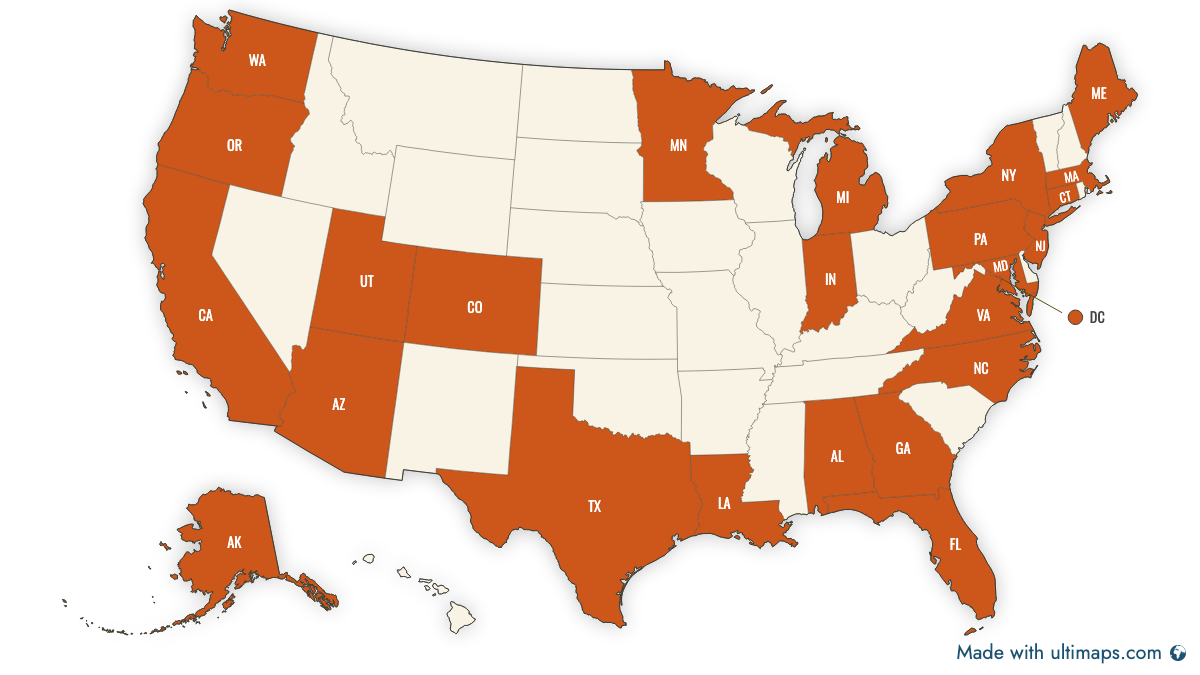Our pilot program
Geographies: Virginia and D.C., New York, California, Alabama, Massachusets
5
Months: September 2021 - March 2022
6
Participants (5 groups)
15
Sessions completed
82
Participant retention from start to finish
100%
Of participants reported increased frequency of noticing whiteness in themselves and their everyday interactions
100%
Feedback from pilot participants
Feedback from advisors
How we work
RESEARCH
We start with learning from the historic and contemporary racial justice landscape, literature and movement leaders.
1
We test ideas with participants – the real human beings who show us where our theories make (and miss!) the mark.
2
TEST
REFLECT
We get feedback from participants and the 50+ members of our Peer, Practitioner, and Advisory councils.
3
Put into practice the changes that have been illuminated, and then begin again.
4
INTEGRATE
Our Evolution
We recognize that this work takes time to do in alignment with our values. We are learning to move at the pace at which we can thoroughly integrate feedback from our advisors, practitioners and participants.
Research
We developed our pilot program from February to August 2021
•
Pilot
We ran a pilot program with 5 groups in 5 states between September 2021 and March 2022
•
Iteration
We received and integrated feedback from 50+ advisors & participants between April 2022 and March 2024
•
Relaunch
We relaunched our updated program in December 2024 and are now accepting participant applications
Where we are now
As of December 2025, we have more than 90 participants from 24 states and Washington, D.C. Their geographic distributions in the U.S. are reflected in the map below; we also have participants from Canada and Italy.
Resourcing Philosophy
Consistent feedback from our Advisors is what makes Reckon With’s work possible.
We’re committed to disrupting the legacy of “white” people extracting knowledge from Black, Indigenous and Communities of Color. Each advisor is resourced for their time and contributions.
We use the term resourced intentionally — advisors helped us reframe our terminology from “compensation” (a transactional and capitalist framework) to “resourcing” (more expansive, invites conversation and imagination to identify what truly honors someone’s time).
“How you do the work is the work.”
—Kiah Williams
